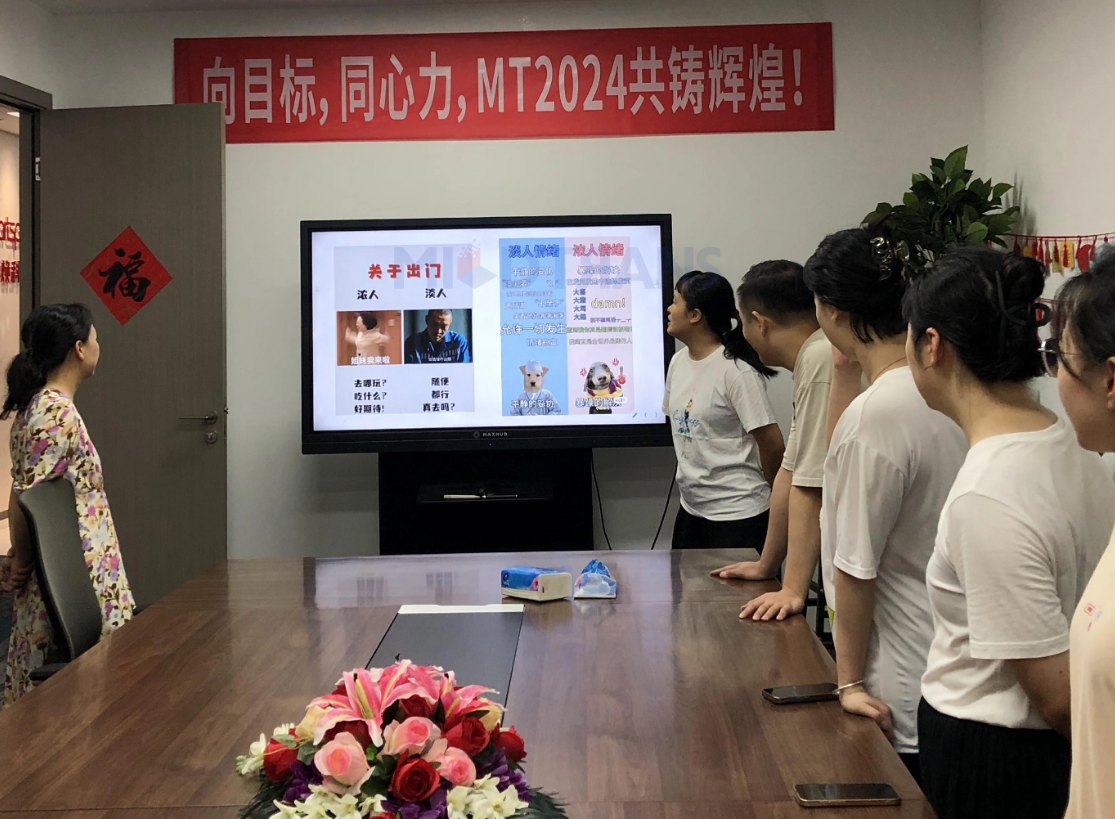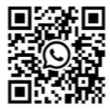info@bjtparts.com
+86-755-23088525

At the morning meeting of Bejiate, colleagues shared their views on the topic of "strong people and light people", and talked about the hierarchical approach to promote the team's understanding and coping ability of cross-cultural communication.
First, our colleagues introduced the concepts of "strong people" and "light people" and their manifestations in different cultural contexts. Strong people usually express emotions and opinions directly and prefer clear communication methods; while light people prefer implicit and indirect communication methods and pay more attention to non-verbal communication and implicit meaning.
Secondly, discuss how to deal with such cultural differences in an international business environment. This includes identifying and understanding the communication habits of different cultures, flexibly adjusting one's own communication style to adapt to the other party's preferences, and thus establishing a more effective working relationship.
Then, share specific communication strategies and techniques. For example, when dealing with "strong people", you can express your opinions and emotions more directly; while when communicating with "light people", you need to pay more attention to non-verbal signals and implicit meaning to ensure the accuracy and effectiveness of information communication.
Finally, through actual cases and experience sharing, show the methods and techniques for successfully dealing with the "strong people and light people" problem in a cross-cultural environment. These cases can help team members learn from actual operations and improve their cross-cultural communication skills and teamwork efficiency.
Through the above hierarchical sharing, it can help our Bejiate team to more deeply understand and apply the concept of "thick people and light people", improve communication effectiveness and work efficiency in international business, and thus enhance the company's competitiveness in the global market.
